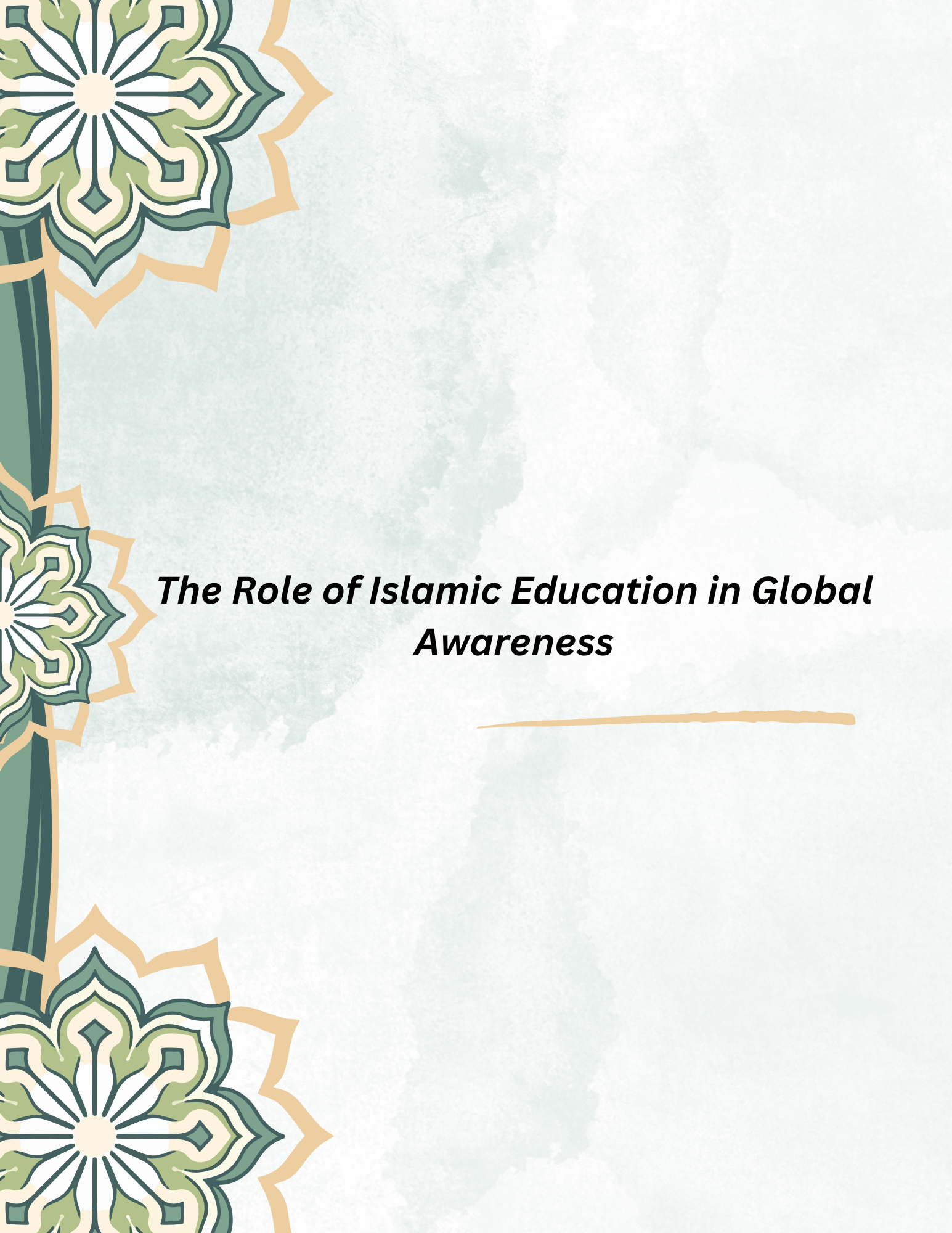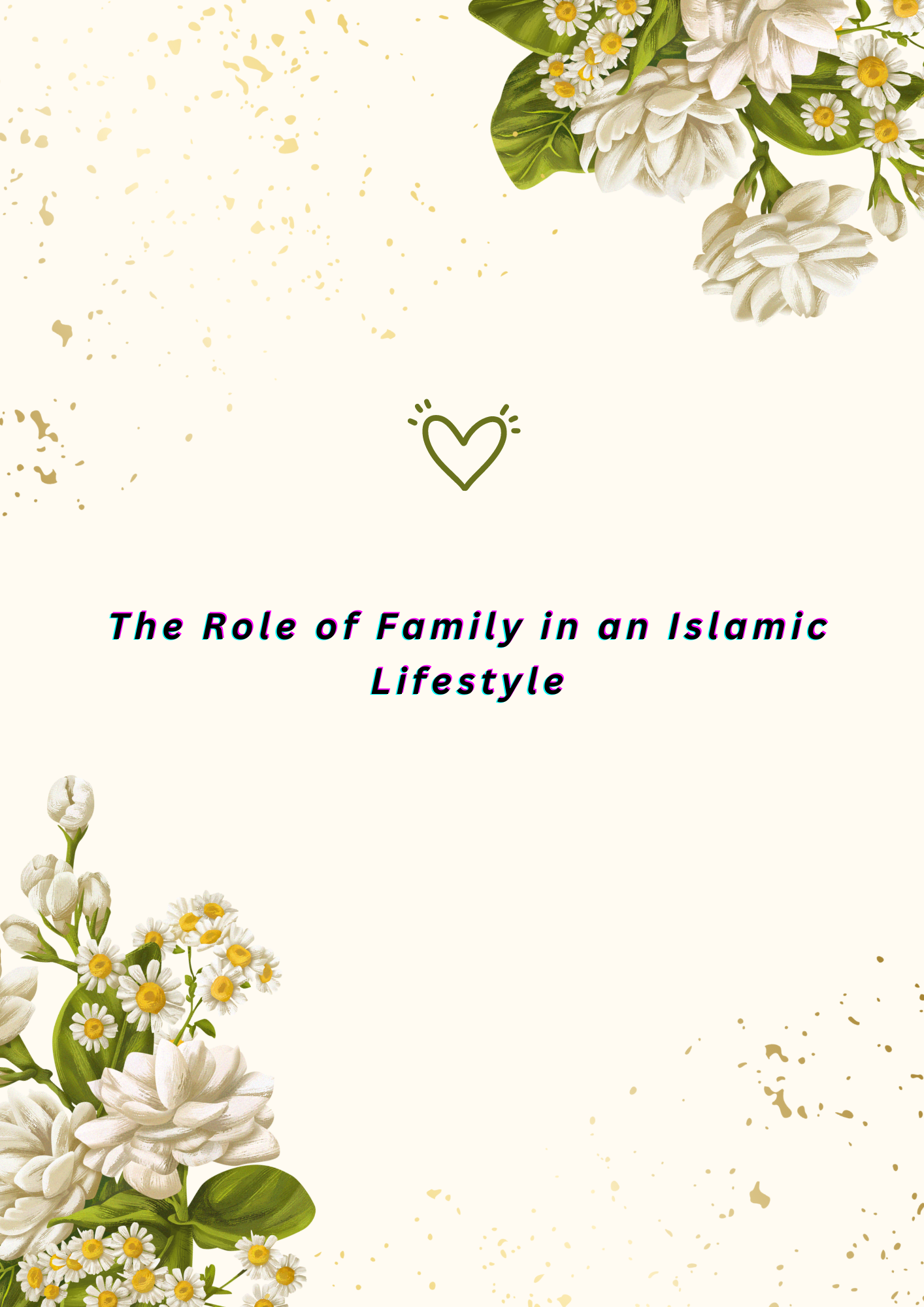Islamic education plays a pivotal role in fostering global awareness, shaping individuals to be conscious, responsible citizens who contribute positively to the world. Rooted in the teachings of the Qur’an and the Hadith, Islamic education emphasizes the importance of knowledge, ethics, and the interconnectedness of all humanity. This holistic approach not only nurtures intellectual growth but also cultivates moral and social responsibility, creating a foundation for global awareness.
The Foundation of Islamic Education
Islamic education is founded on the principle that seeking knowledge is a religious duty. The Prophet Muhammad (peace be upon him) said, “Seeking knowledge is an obligation upon every Muslim.” This directive underscores the importance of education in Islam, not just for personal growth but for the betterment of society. Islamic education encompasses a wide range of subjects, including religious studies, science, literature, and arts, promoting a well-rounded intellectual development.
Promoting Ethical and Moral Values
A significant aspect of Islamic education is the emphasis on ethical and moral values. The teachings of Islam encourage compassion, justice, honesty, and respect for others. These values are integral to fostering global awareness as they promote empathy and understanding among diverse communities. By instilling these principles, Islamic education prepares individuals to engage with the world in a manner that is respectful and just, contributing to global peace and harmony.
Encouraging Interfaith and Intercultural Dialogue
Islamic education encourages dialogue and understanding among different faiths and cultures. The Qur’an advocates for mutual respect and cooperation among people of different backgrounds: “O mankind, indeed We have created you from male and female and made you peoples and tribes that you may know one another” (Qur’an 49:13). This principle fosters a spirit of inclusivity and openness, essential for global awareness. Islamic educational institutions often engage in interfaith activities, promoting dialogue and cooperation, and helping students appreciate the richness of cultural diversity.
Fostering a Sense of Social Responsibility
Social responsibility is a core tenet of Islamic education. The concept of “Ummah” or community, emphasizes the collective responsibility of Muslims to care for one another and the broader society. This sense of duty extends beyond the immediate community to encompass global concerns such as poverty, injustice, and environmental sustainability. Islamic education encourages students to be proactive in addressing these issues, fostering a sense of global citizenship.
Integrating Modern Knowledge with Islamic Teachings
Islamic education does not shy away from modern knowledge; instead, it integrates contemporary scientific and intellectual advancements with traditional Islamic teachings. This integration promotes a balanced perspective, allowing students to navigate the complexities of the modern world while remaining grounded in their faith. By embracing both religious and secular knowledge, Islamic education equips students with the tools to contribute meaningfully to global discourse and development.
Preparing Leaders for a Globalized World
In an increasingly interconnected world, leadership that is informed by global awareness is crucial. Islamic educational institutions strive to prepare future leaders who are not only knowledgeable in their fields but also possess a deep understanding of global issues. Programs in Islamic universities often include studies in international relations, global economics, and sustainable development, preparing students to take on leadership roles that require a global perspective.
Conclusion
The role of Islamic education in promoting global awareness is profound. By emphasizing knowledge, ethical values, interfaith dialogue, social responsibility, and the integration of modern knowledge, Islamic education cultivates individuals who are well-equipped to contribute positively to the global community. In an era where global challenges require collective action and understanding, the principles of Islamic education provide a strong foundation for fostering a more aware, just, and compassionate world.



